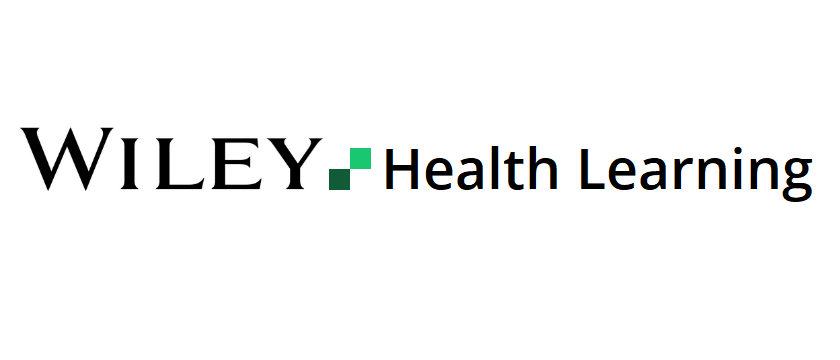November 2025
![]()
Opioid Overdose: What Every Family Physician Needs to Know
Lee Radosh, MD, FAAFP, FASAM; Chief, Section of Addiction Medicine, Reading Hospital, Reading, PA
Learning Objectives
1. Increase knowledge in recognizing the signs and symptoms of opioid overdose, particularly those associated with synthetic opioids, such as fentanyl, to enhance early intervention and improve patient outcomes.
2. Demonstrate competence in transitioning from acute overdose management to long-term opioid use disorder (OUD) treatment using FDA-approved medications, including new pharmacological approaches such as extended-release injectable partial opioid receptor agonists/antagonists.
3. Increase competence and confidence in addressing barriers to effective opioid overdose response and treatment, such as stigma and limited access to care, by integrating harm reduction strategies and collaborating with community-based programs.
Activity Disclosures
This educational activity is supported by an independent medical educational grant from Indivior.
Disclaimer
The faculty member involved in this activity has not received any financial support, honorarium, or funding in relation to their participation.
Lee Radosh, MD, FAAFP, FASAM reported no disclosures or conflicts of interest. This activity underwent review in line with standards of editorial integrity and publication ethics. Potential conflicts of interest have been identified and resolved in accordance with John Wiley and Sons, Inc.’s Policy on Activity Disclosure and Conflict of Interest. The primary resolution method was review by an unconflicted expert. For information about the accreditation of this program, please contact [email protected].
Accreditation
John Wiley & Sons, Inc. is accredited by the Accreditation Council for Continuing Medical Education (ACCME) to provide continuing medical education for physicians.
John Wiley and Sons, Inc. and the American Academy of Family Physicians (AAFP) designates this journal-based CME activity for a maximum of 1.0 AMA PRA Category 1 Credit™ and/or 1.00 Enduring Materials, Self-Study AAFP Prescribed credit(s). Physicians should only claim credit commensurate with the extent of their participation in the activity. For information on applicability and acceptance of continuing medical education credit for this activity, please consult your professional licensing board.
This activity is designed to be completed within 1 hour and complete the activity during the valid credit period, which is up to three years from initial publication. Additionally, up to 3 attempts and a score of 70% or higher is needed to pass the post-test and claim credit. You will need to log into your Wiley Health Learning account (registration is free) to complete this activity and earn a certificate.
To begin, please click the Pre-test button below to contribute to our outcomes data then proceed to the course content.
